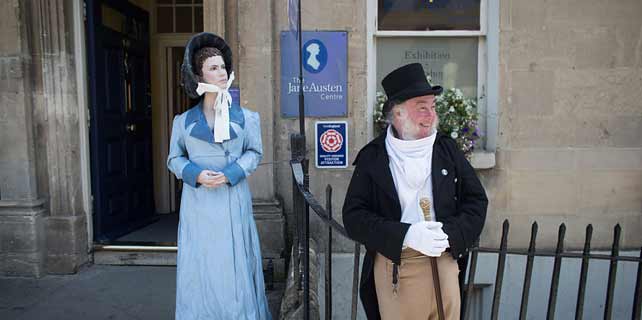Student's Mandarin app is hitting the right tone
The University of Manchester has started using a new Mandarin language app that was developed by a former student, which uses voice-recognition software.
Philip Zhang, who completed a law degree in 2007, began work on the app YiyaHanyu in 2015. Launched this year, it can analyze a user's spoken Mandarin and give a grade for the tone and pronunciation, which can be challenging aspects of the language for beginners.
Available for free download from the AppStore and Google Play, YiyaHanyu has grammar, reading, writing, speaking and listening features, as well as instructional and roleplaying videos that help with business and everyday Mandarin.
Zhang said most Mandarin apps available online tend to focus on one or two aspects of learning the language, such as teaching Chinese characters or pinyin, which is the system for writing Chinese words using the Roman alphabet.
"The Chinese government has encouraged people to innovate and begin start-up companies," said Zhang. "I became interested in new technologies in the language-learning market, like voice-recognition software. Our app is comprehensive and systematic, it covers most areas in depth, in one place."
Zhang, who left a job in the mining industry to start Yiya Hanyu, put up the initial investment to develop the app and build a team of 25 programmers and other staff in Beijing.
Mandarin students at the University of Manchester started using the app in June.
Karen Wang, deputy director of the university's Confucius Institute, said online tools are an essential part of classes.
"A lot of our students are professionals who can't attend more than a class a week, and that is not enough language exposure," she said. "After seven days, the majority of your memory is gone, so the app helps with learning between classes."
Wang said demand for Mandarin classes in Manchester has risen sharply in recent years. In 2014, there were 165 registered Mandarin learners at the university. Today, there are 245.
"We've seen a steady increase in the number of people wanting to learn Mandarin with us," she said. "Partly, it's because Manchester has been attracting a lot of Chinese investment, with Chinese companies setting up here or British companies trading with China."
Around 4,000 students sat a Mandarin GCSE last year, up from 2,500 in 2012. The Department for Education started the Mandarin excellence program in September, which aims to have 5,000 young people on track towards fluency by 2020.






















